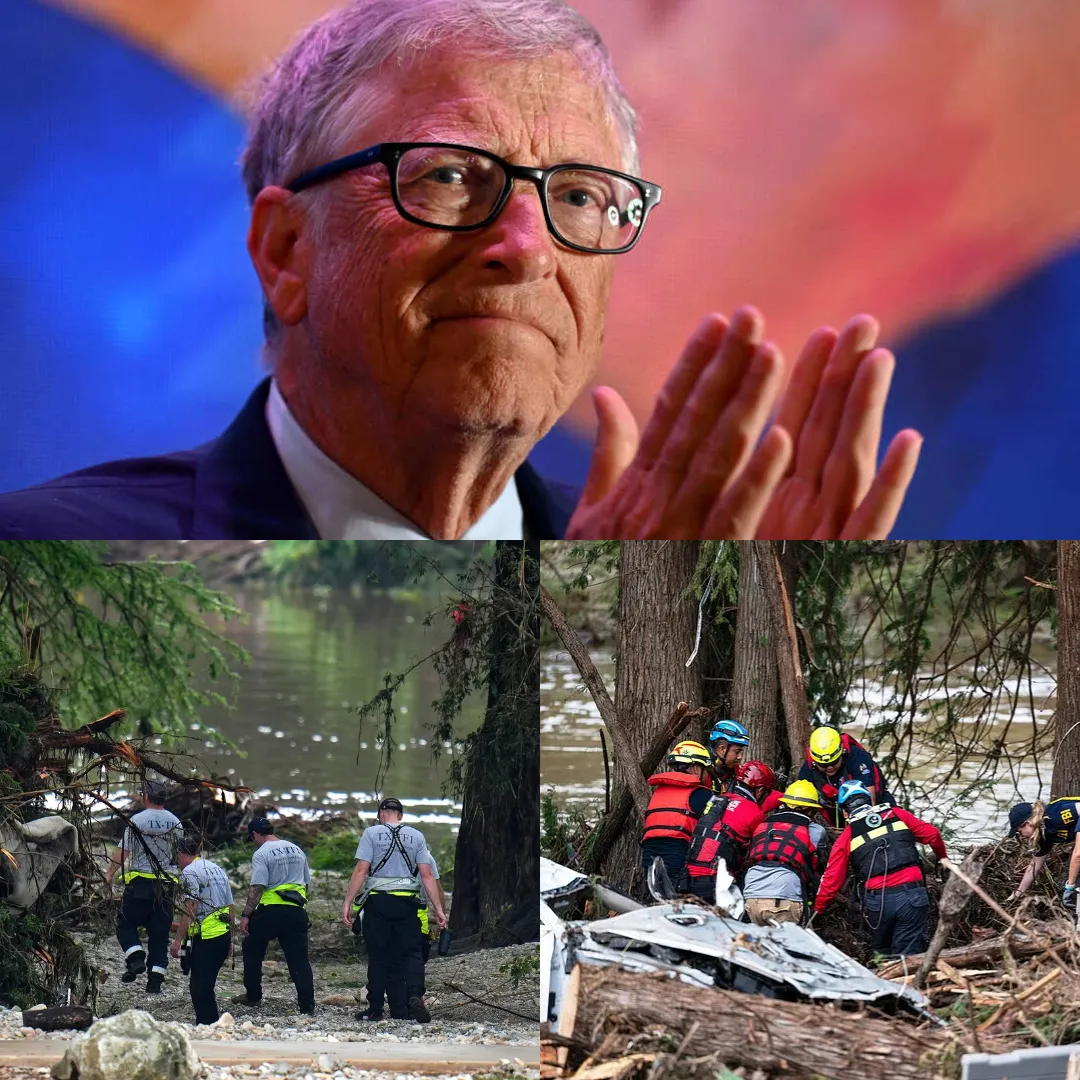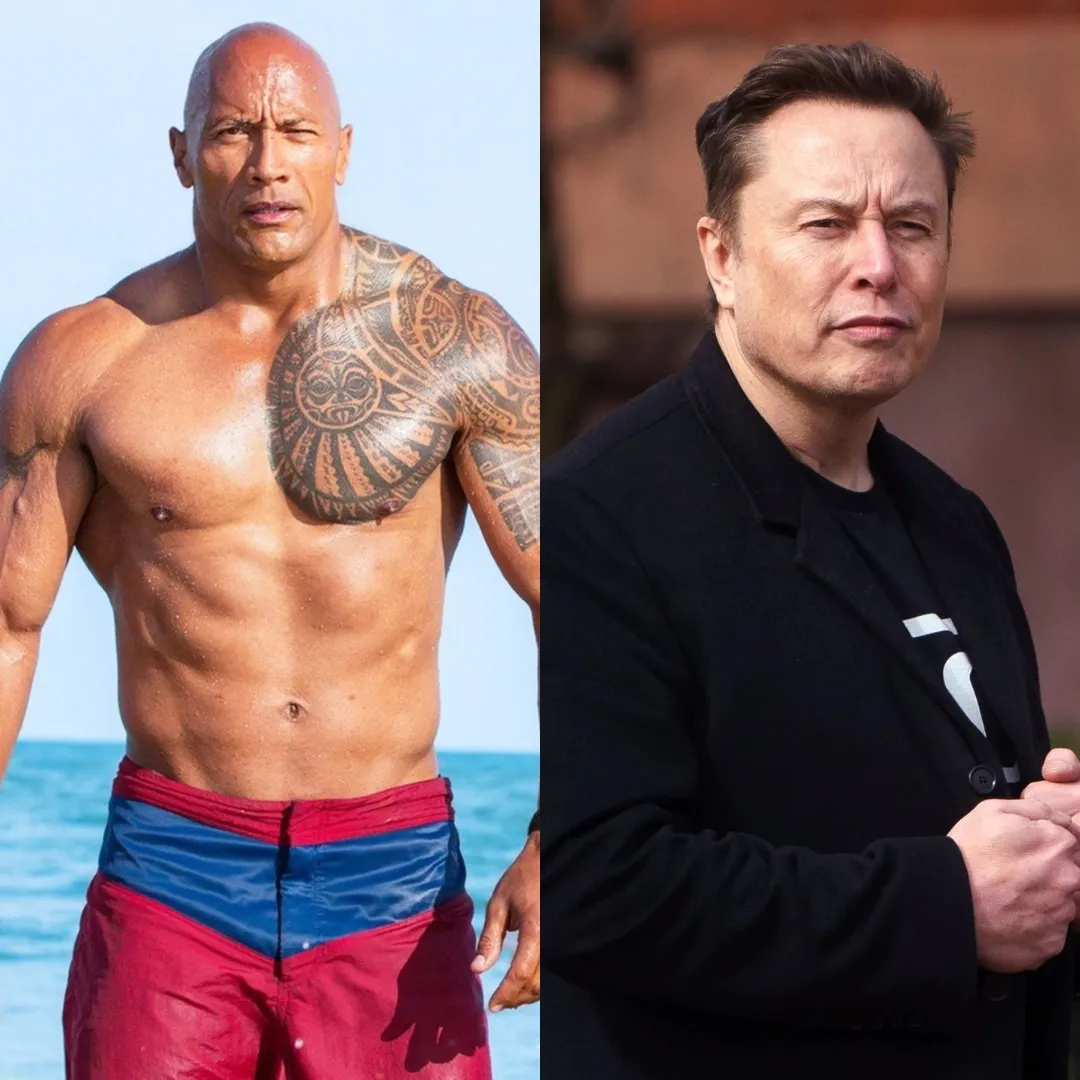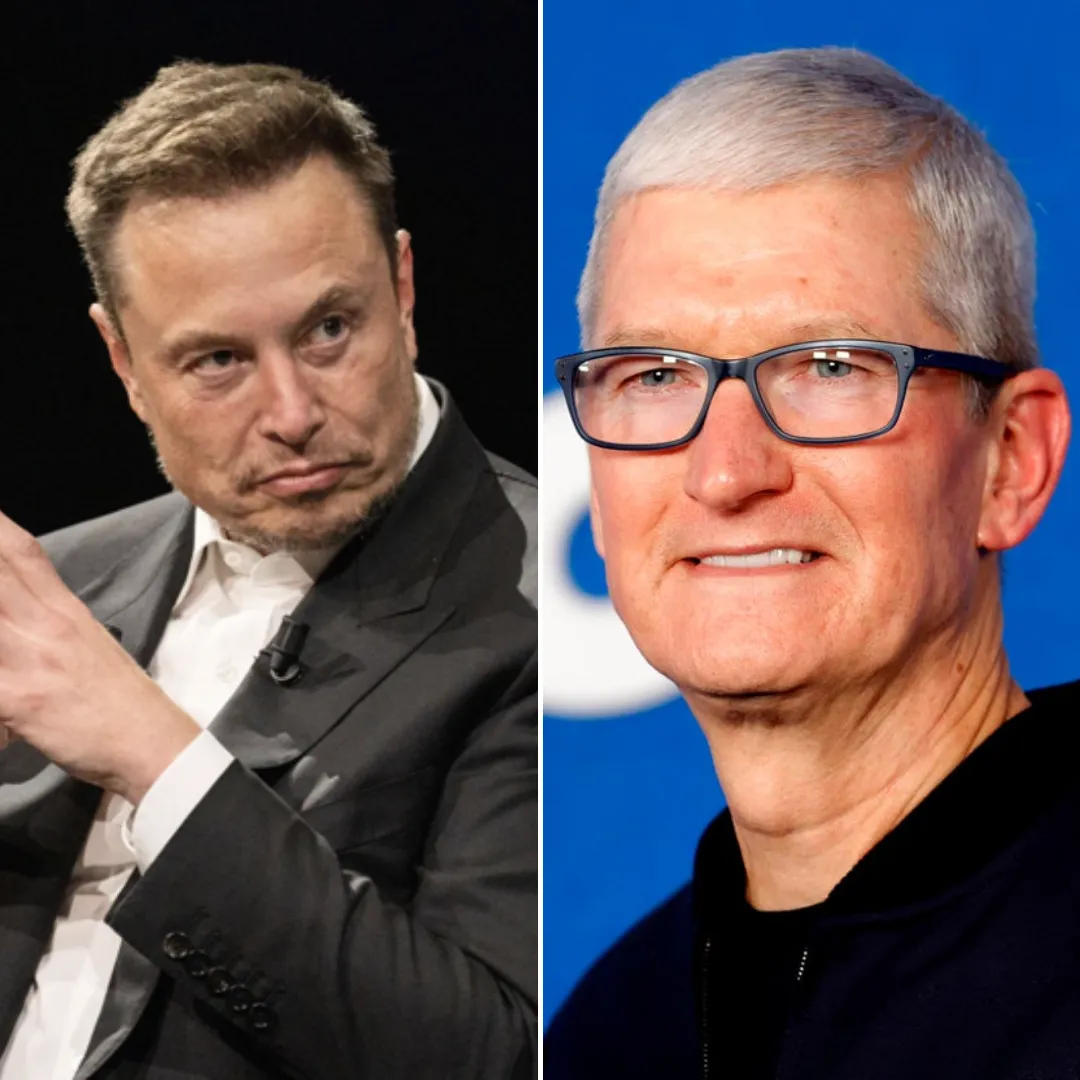
The death of Pope Francis on April 21, 2025, marks the end of an era for the Catholic Church. As the first pope from Latin America and the first Jesuit pope, Francis’s leadership was deeply influential both within the church and on the global stage.
With his passing, the Catholic world now looks toward the future, wondering who will succeed him and continue his work in reforming the church and addressing the pressing issues of the modern world. The process to select the new pope is already underway, with a conclave scheduled to begin within 15 to 20 days of his death.
The conclave, a gathering of cardinals who will elect the next pope, is expected to draw global attention as the Catholic world seeks a leader who will carry forward the legacy of Pope Francis while navigating the challenges that lie ahead.
The search for a successor is never easy, and the list of potential candidates, known as “papabili,” has been narrowed down to several key figures, each bringing their own unique qualities, experiences, and perspectives to the table. Some of these individuals are seen as natural heirs to Pope Francis’s progressive vision, while others represent a more traditional or conservative approach to church leadership.
One of the most likely candidates is Cardinal Pietro Parolin, the current Secretary of State of the Vatican and one of the most influential figures in the church. Parolin, who is 70 years old, is considered a strong candidate due to his experience in diplomacy, having worked extensively on issues related to international relations and the Vatican’s role in global affairs.

His tenure as Secretary of State has also allowed him to work closely with Pope Francis on matters of reform and church governance, making him a natural continuation of the work that Francis has done over the past decade. Parolin’s moderate approach to church reform and his ability to navigate complex political and diplomatic situations have earned him the respect of both progressives and conservatives within the church.
Another potential candidate is Cardinal Luis Antonio Tagle of the Philippines, who is 67 years old. Tagle, often referred to as “the Asian pope” or “the pope of the poor,” is known for his charismatic leadership style and his deep commitment to social justice. He has been a vocal advocate for the rights of the marginalized, including refugees, migrants, and the impoverished, and his leadership has inspired many around the world.
Tagle’s experience as the Archbishop of Manila and his work with the Vatican’s Congregation for the Evangelization of Peoples have made him a prominent figure in the church, and his name frequently comes up in discussions about the future of the papacy. Many see him as a natural heir to Pope Francis’s progressive vision, particularly in his efforts to bridge the gap between the church and the global south.
Cardinal Péter Erdő of Hungary, at 72 years old, represents a more conservative option. Erdő, who has been the Archbishop of Esztergom-Budapest for many years, is known for his traditional views on church doctrine and his commitment to maintaining the integrity of Catholic teaching. He has been a key figure in the church’s response to issues such as secularism, religious freedom, and the role of the laity.
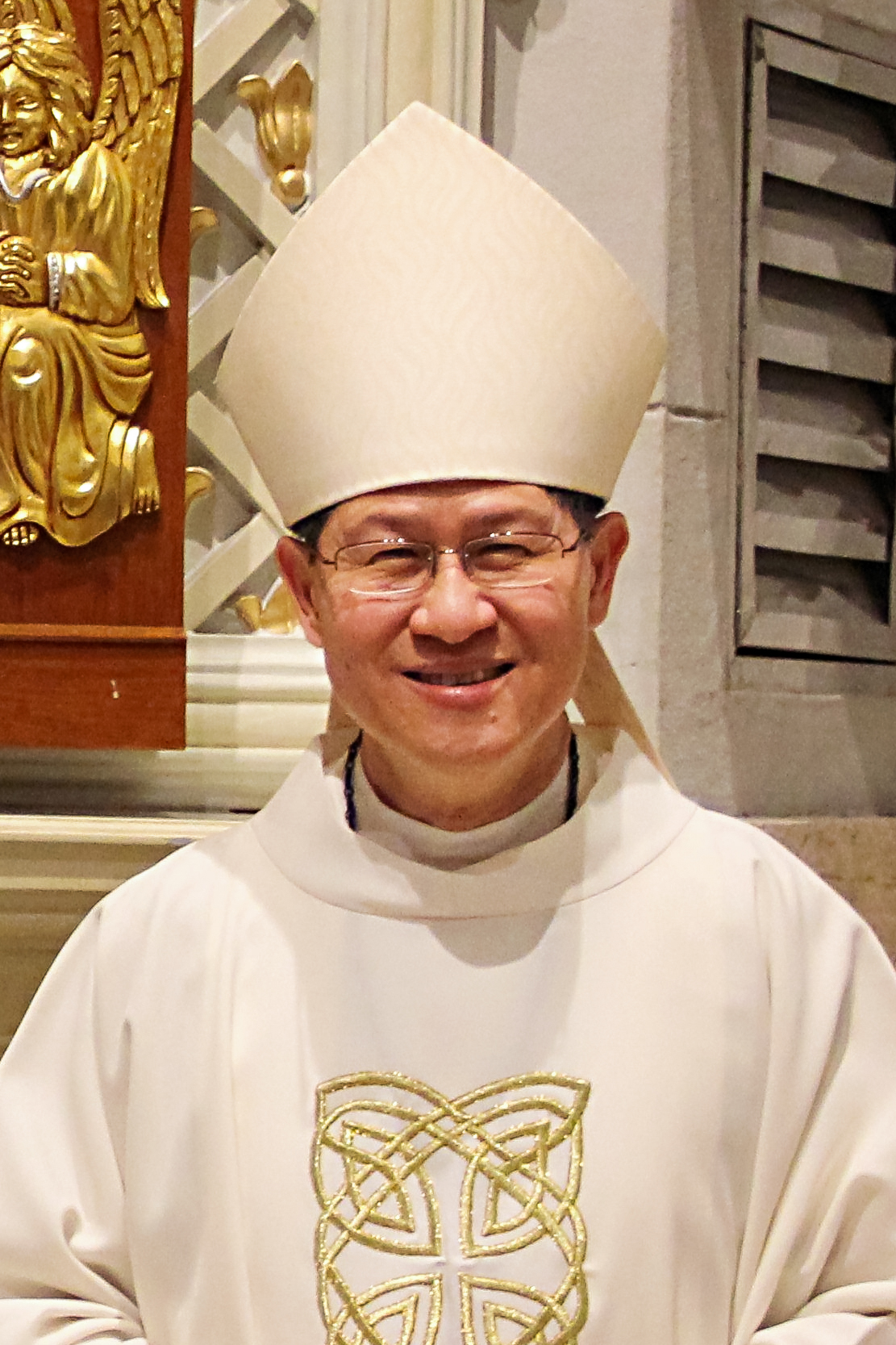
While Erdő’s views may not align with the more progressive aspects of Pope Francis’s papacy, he is still considered a strong candidate due to his leadership within the church and his deep theological knowledge. Some see him as someone who could steer the church back toward a more traditional path, while still maintaining the church’s relevance in the modern world.
Another potential candidate is Cardinal Peter Turkson of Ghana, who is 76 years old. Turkson is known for his commitment to human rights, peace, and the environment, and he has been a vocal advocate for social justice throughout his career. As the first African cardinal to be considered for the papacy, Turkson represents a significant shift in the direction of the church, with the possibility of a pope who would be more representative of the global south and the church’s growing presence in Africa.
Turkson has also been involved in Vatican efforts to address the climate crisis, making him a natural fit for the future of the church as it continues to confront issues of environmental degradation and poverty.
Cardinal Matteo Zuppi of Italy, at 69 years old, is another figure who has been mentioned as a potential candidate for the papacy. Zuppi, the Archbishop of Bologna, is known for his efforts in promoting peace, dialogue, and interfaith relations.

His work with communities in conflict zones, particularly in the Middle East, has earned him widespread respect. Zuppi’s focus on inclusivity and his ability to engage with diverse communities make him an attractive candidate for those who wish to see the church continue to evolve in a globalized world. His name has been floated as a potential candidate to continue the reformist vision of Pope Francis, especially in terms of promoting dialogue and understanding between different faiths.
Finally, there is Cardinal Pierbattista Pizzaballa, the Latin Patriarch of Jerusalem, who is 59 years old. Pizzaballa’s experience in one of the most complex and volatile regions in the world has shaped his leadership style, which emphasizes reconciliation, peace-building, and cooperation among different religious groups.
Pizzaballa’s background in Jerusalem, where he has worked for over 30 years, gives him a unique perspective on the challenges the church faces in the Middle East and other conflict zones. His experience in navigating sensitive religious and political issues makes him an appealing choice for those who see the future of the church as being tied to the promotion of peace and interfaith cooperation.
As the conclave approaches, these and other potential candidates will be closely scrutinized by both the public and the cardinals who will vote to select the next pope. The process of choosing a new pope is both deeply spiritual and highly political, with each candidate bringing their own strengths, weaknesses, and vision for the future of the Catholic Church.
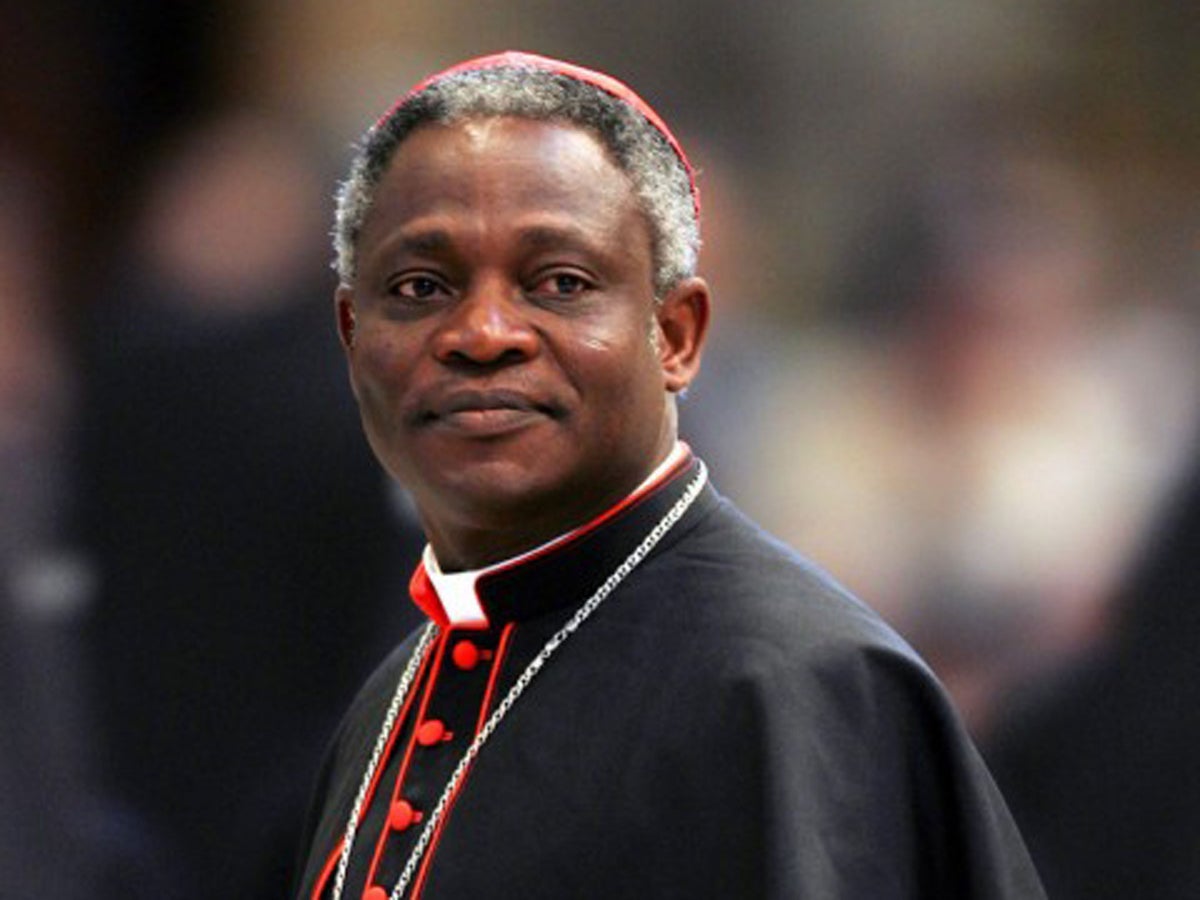
Some will advocate for a more progressive approach, while others will seek to preserve the traditional teachings of the Church. Ultimately, the choice of the next pope will shape the direction of the Catholic Church for years to come, and it will be watched closely by millions of people around the world.
The selection process will take place in a series of secret meetings known as a papal conclave, which will be held within 15 to 20 days of Pope Francis’s death. During the conclave, the cardinals will gather in the Sistine Chapel, where they will cast their votes in a series of rounds until a new pope is selected. Once a candidate has received the necessary two-thirds majority, they will be declared the new pope and will take the name of their papacy.
As the conclave unfolds, the future of the Catholic Church will be decided, with the new pope taking on the enormous responsibility of leading the world’s largest Christian denomination.
Whoever is chosen will face the difficult task of guiding the Church through a rapidly changing world, balancing the need for reform with the preservation of tradition. The choice of pope will have far-reaching implications for the Church, for global Catholicism, and for the world at large.

In conclusion, the death of Pope Francis has set in motion a process that will determine the next leader of the Catholic Church. The race for the papacy is now in full swing, and the world waits to see who will emerge as the next pope.
As the cardinals prepare to gather in the coming weeks, one thing is certain: the future of the Catholic Church will be shaped by the choice they make. Whether the next pope continues the reforms of Francis or steers the Church in a new direction, the decision will have lasting implications for the millions of Catholics around the world and for the Church’s role in global affairs.
-1749695809-q80.webp)
